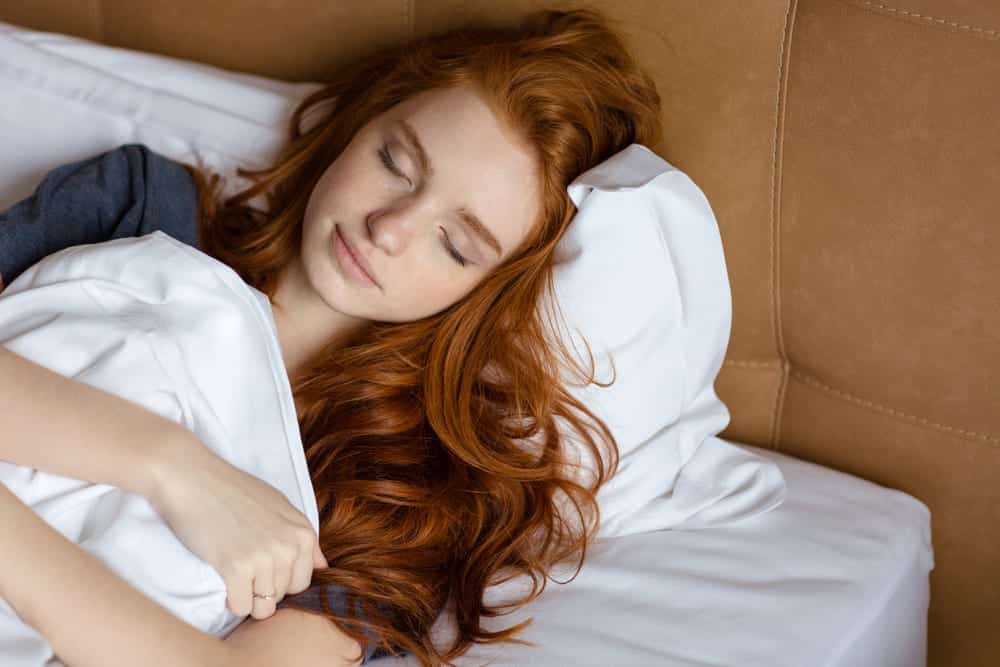Even though we spend about one-third of our lives sleeping, the majority of us still aren’t getting the 8-10 hours recommended by experts. (On average, Americans are only sleeping 6.8 hours per night.)
With sleep being such a precious commodity, it’s more important than ever to create ideal sleeping conditions. One way we do this is by controlling our environment so that we’re not either sweating buckets or shivering like crazy at night. The temperature affects not only how we sleep after a tiring day, but how long we sleep.
According to the National Sleep Foundation, the “optimal” room temperature typically ranges from 60 to 67 degrees Fahrenheit.
Why? Turns out, when we sleep, our internal temperature drops. During our deepest phases of sleep, our core body temperature is at its coolest. When we sleep in a cool environment, our bodies don’t have to fight to regulate and maintain a comfortable core temperature—the room is already perfectly comfortable on its own. Research has found that adjusting the temperature by just 2.7 degrees F can have a huge influence on our core temperature during sleep.
Get better rest with an efficient AC system
Your AC system not only keeps you cool and comfortable on steamy summer nights, but it also improves your home’s air quality. A well-maintained and routinely serviced AC system will keep contaminants out, channel away moisture and condensation, and eliminate bacteria and fungi.
If you think your AC is in need of a checkup, or it might be time for a new one, call Bonfe. Newer systems come with efficiency levels (you can set these to change while you’re sleeping) and are nice and quiet when they kick on.
OTHER WAYS TO KEEP COOL WHEN IT’S TIME TO SLEEP:
- Keep all blinds and shades closed during the day.
- Buy sheets, pillows, and blankets with heat-dissipating fabrics to reduce heat concentration.
- Wear pajamas with breathable fibers like cotton or linen.
- Try taking a warm bath or shower before bed (warm, not hot). This can “trick” your body into sleep mode by taking advantage of your circadian rhythm, or built-in clock. It sounds counter-productive, but works in that your core temperature temporarily goes up in a warm shower or bath, then drops once you step out of the steamy bathroom. According to Dr. Joseph Takahashi, author of a major sleep study in Japan, “It takes only a small change in internal body temperature to synchronize cellular ‘clocks’ throughout the body.” This cooling off will help your body prepare for sleep mode.

